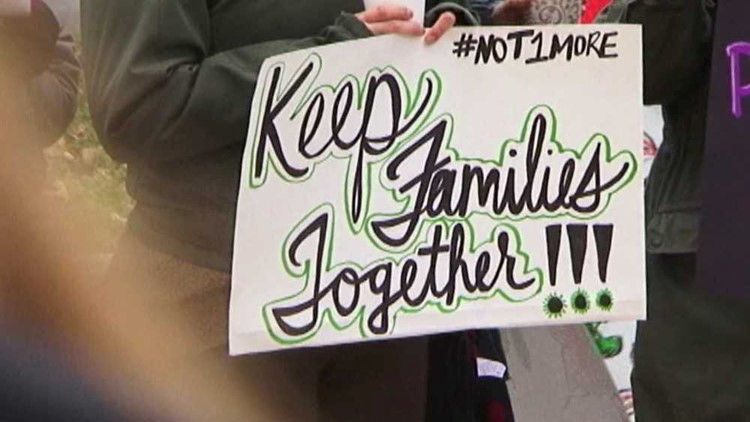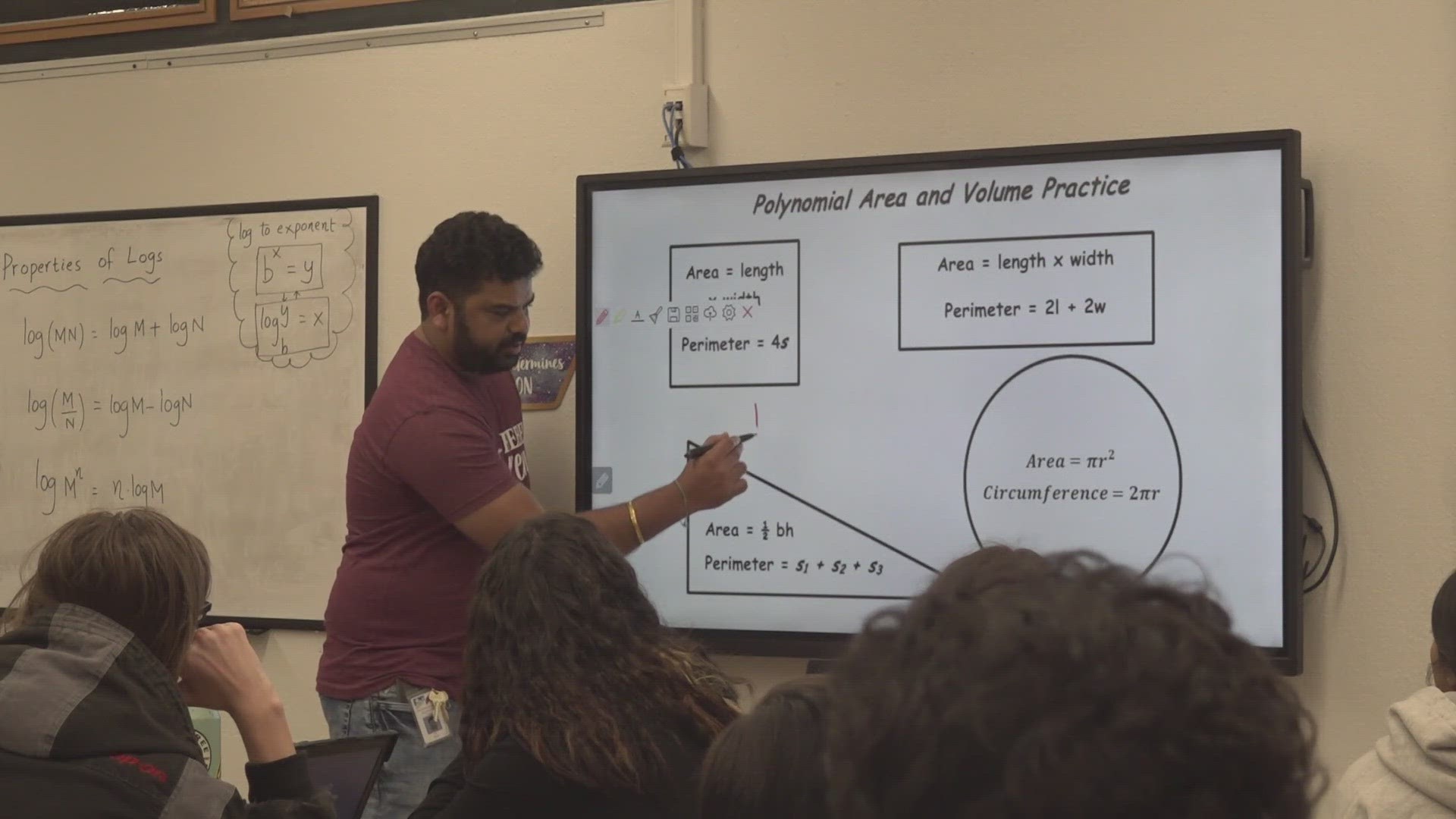NewsWest 9
Texas says two more states have joined their coalition suing over Obama's Executive Action on immigration. 26 states are now a part of the case.
Obama's Executive Action could grant deferred deportation to millions of immigrants who qualify.
Nevada and Tennessee are the latest to jump on board the coalition. Their lawsuit accuses the White House of "trampling" the constitution.
"The constitution prescribes immigration policy be fixed by Congress, not by presidential fiat," Texas Governor, Greg Abbott, said.
"I think this lawsuit, as much as it is to block the president from carrying out those executive orders, is also about sending a message," Midland County Republican Party Chairman, James Beauchamp, said.
26 states make up a coalition suing over President Obama's Executive Action on immigration. According to Texas, those states are Alabama, Arizona, Arkansas, Florida, Georgia, Idaho, Indiana, Kansas, Louisiana, Maine, Michigan, Mississippi, Montana, Nebraska, Nevada, North Carolina, North Dakota, Ohio, Oklahoma, South Carolina, South Dakota, Tennessee, Texas, Utah, West Virginia and Wisconsin.
"This issue is not something you issue an executive order on. This is something that, as the president, you have to build those coalitions and you have to work with Congress and you have to go about it in a comprehensive manner," Beauchamp said.
60% of the nation's undocumented immigrants are located in six states.
"It's California, it's Texas, it's Florida, which all make sense to everyone. It's New York and New Jersey coming in through the East Coast and then Illinois," Beauchamp said.
Those six states pay roughly $54 billion a year for undocumented immigrants to be incarcerated, for their education and social services. So for an executive action that would promote deferred deportation, which would result in more state money being spent, some lawmakers are convinced that a better solution exists. Hence, the coalition.
"I think the big stumbling block is always, what do we do about the folks that are here today?" Beauchamp said.
Half of the undocumented immigrants in the U.S. are from countries other than Mexico.
Casa de Amigos of Midland says they see immigrants from all over the world. For the first time in eight years, their classes are full.
"We get people from Colombia, we got them from Nicaragua, from Ecuador, we've got them moving through Mexico. We have about eight or nine countries that are coming," Paul Brooks, Director of Adult Education at Casa de Amigos, said.
"I just have a feeling they're still coming, you know, because of work," he added.



